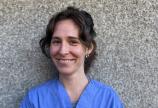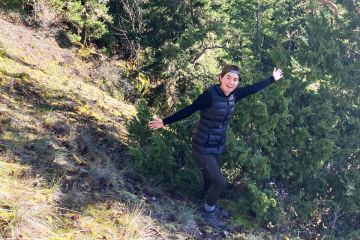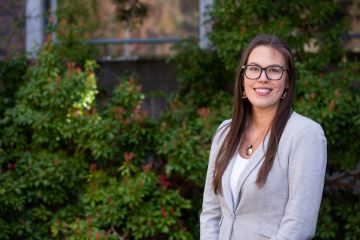Keeping the human connection in health care
- Stephanie Harrington
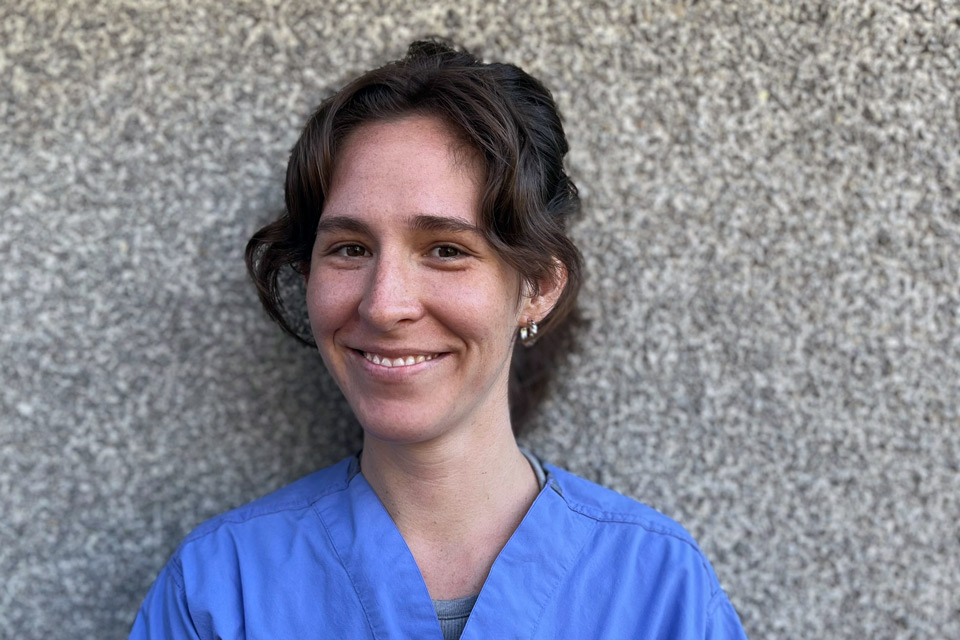
Nursing may not seem like a common career path for an arts graduate, but health care runs deep in Tory Cundiff’s family.
Growing up in a family of doctors—both her parents and step-parents are physicians—Cundiff says she wasn’t a “science kid” and had never considered a career in health care. Instead, she earned a double degree in international relations and Latin American Studies from the University of British Columbia.
But after volunteering at a health resource centre for women in Vancouver’s downtown Eastside, Cundiff understood that her physician family had a bigger impact on her than she thought.
“I started to realize that it had shaped a lot of how I see the world,” she says.
In June, Cundiff will walk across the stage to receive a Bachelor of Science in Nursing. She is also completing additional certification in critical care nursing after finishing a practicum at Victoria General Hospital’s (VGH) emergency department. Although she initially envisioned becoming a nurse practitioner, Cundiff has become drawn to the ER’s fast-paced environment.
“I never got tired when working, everything was so novel. It’s a real adrenaline rush,” Cundiff says.
Until she finishes her critical care training, Cundiff is working on the surgical floor at VGH. She took five years to complete her degree, instead of the usual three, so she could give birth to her first child and look after her daughter, who is now three. Being a mature student had its advantages, Cundiff says, including the ability to manage her time well.
“The faculty was so supportive of my re-entry,” she says.
After graduating from her first degree during a recession, Cundiff is grateful to have so many job opportunities and career paths in nursing. Over her degree, she completed practicums at long-term care facilities, neuro-rehabilitation and maternity wards, and in palliative care.
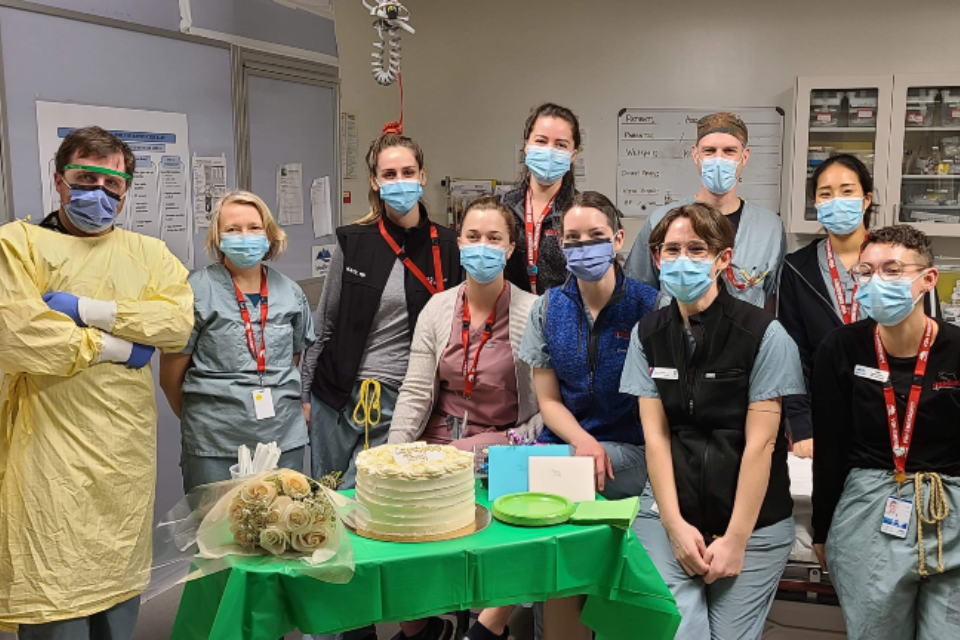
Of course, being a health care worker during covid has its challenges. Cundiff has seen the toll the pandemic has taken on her nursing and physician colleagues. Although she was initially nervous about working in a hospital during the pandemic, Cundiff says the experience has helped her appreciate the crucial role vaccines play in preventing serious illness.
“The only people who get so sick we can’t help them are the people who are unvaccinated. That made it feel a lot less unmanageable than it felt at the beginning of the pandemic,” she says.
Another less talked about aspect of the pandemic, Cundiff says, is the increase in people coming to hospital very ill with other diseases because they didn’t get adequate care during covid. Cundiff is concerned about the number of experienced nurses retiring early, as well as the general state of our health care system.
“We need dramatic health care reform, in term of health care delivery, nurse compensation and people’s access to primary care, which is really suffering,” she says.
Despite the challenges, Cundiff wouldn’t trade her new career for a desk job.
“What I like most is how much critical thinking I have to do in my job and how my job is ultimately so connected to being with people,” she says. “I could not imagine sitting at a desk, working on computer and not being more active and engaged with other people.”
Photos
In this story
Keywords: convocation, nursing, student life
People: Tory Cundiff
Publication: The Ring


